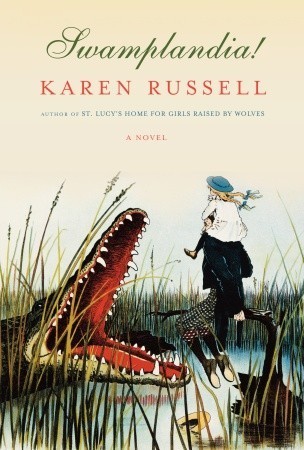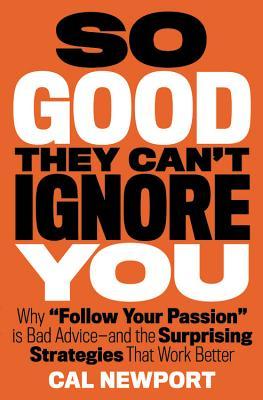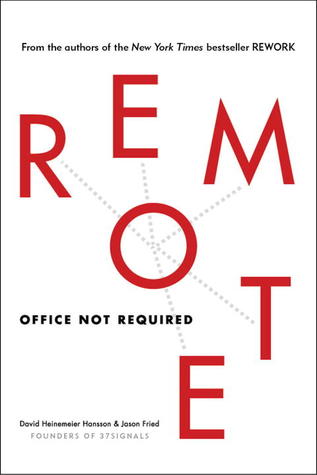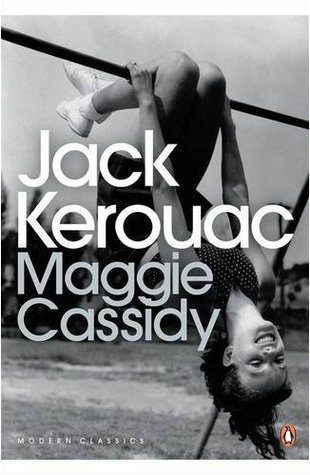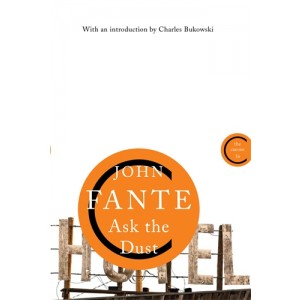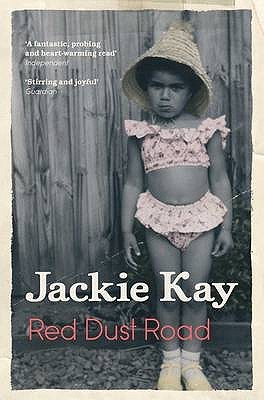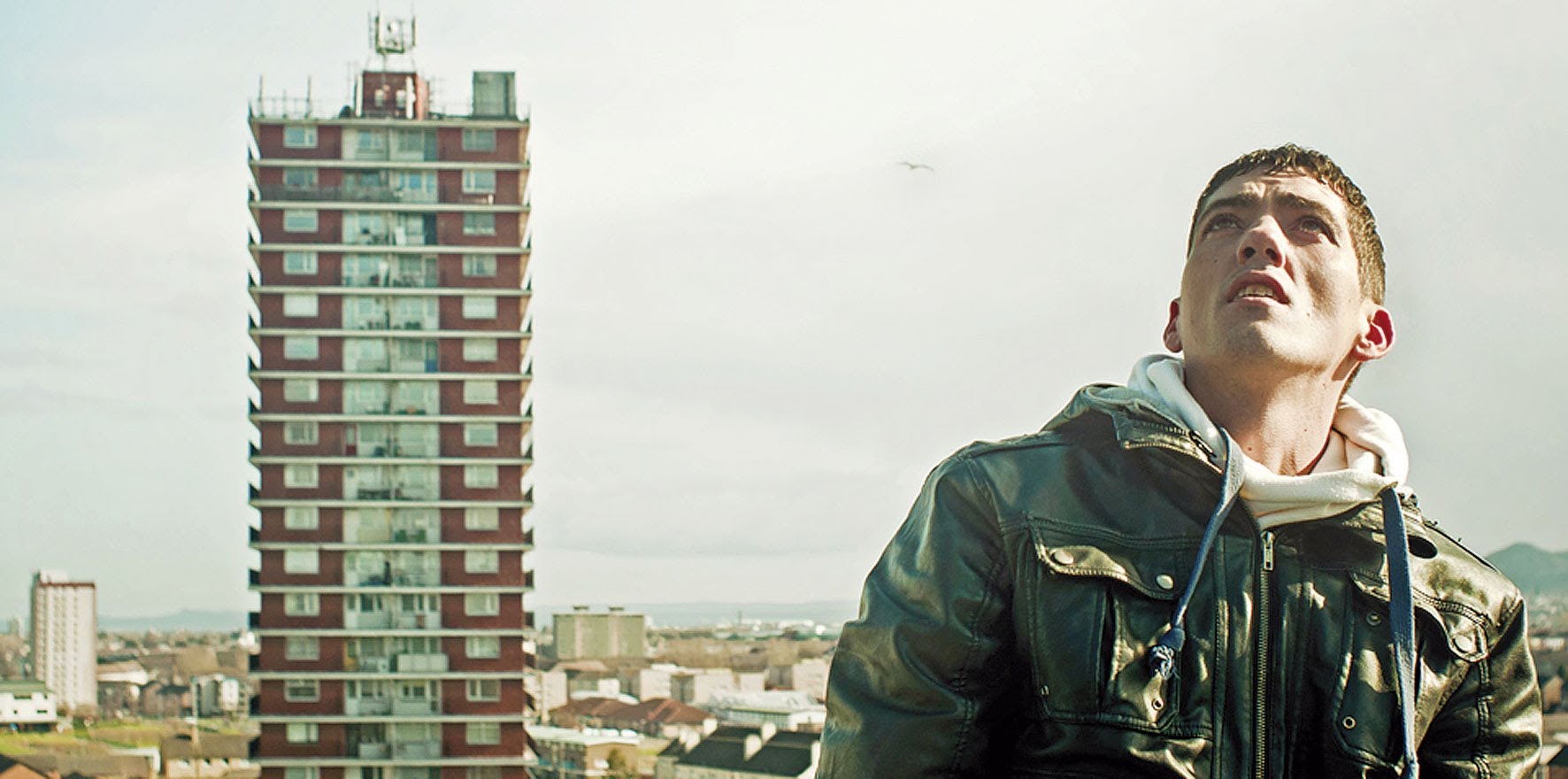Aside from being maddeningly short, and my schedule being a bit ridiculous at the moment, February is also time for films.
The final 2 weeks of February is home to the Glasgow Film Festival, so I was whiling my spare hours away in dark rooms instead of reading.
Here are the few books that I managed to squeeze in.
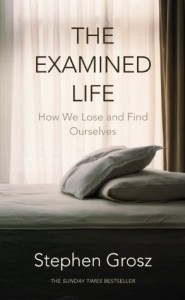
7. The Examined Life: How We Lose and Find Ourselves by Stephen Grosz
★★★★★– This collection of brief insights and anecdotes from a seasoned psychoanalyst was an interesting read. I enjoyed the episodic style and insights Grosz brought together and the ways in which he encourages you to imagine and explore his process. A few stories are resolved far too neatly, but as a casual read this is a great way to understand psychoanalysis beyond the “how does that make you feel?” movie tropes that we see so often. Very accomplished.
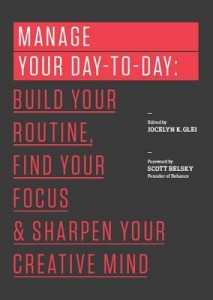
8. Manage Your Day-to-Day edited by Jocelyn Glei
★★★★★ – Let’s be honest, if you’re into reading productivity blogs, you’ll have heard most of this advice before. However it’s nicely packaged, well designed, and quick to read. Can’t argue with that.
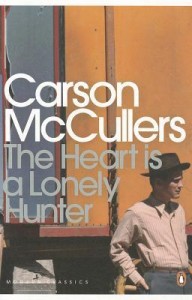
9. The Heart is a Lonely Hunter by Carson McCullers
★★★★★ – Another book club pick, and one that I had been meaning to read for a long time. It’s hardly a page-turner, but its various character view-points are impressively broad and the story of a disconnected small town within demonstrates a deep understanding of humanity. I wish I’d had a bit more time to appreciate it fully.
I also spent much of the month reading ‘S.‘ by J.J. Abrams and Doug Dorst. More on that next month…
What did you read in February?
